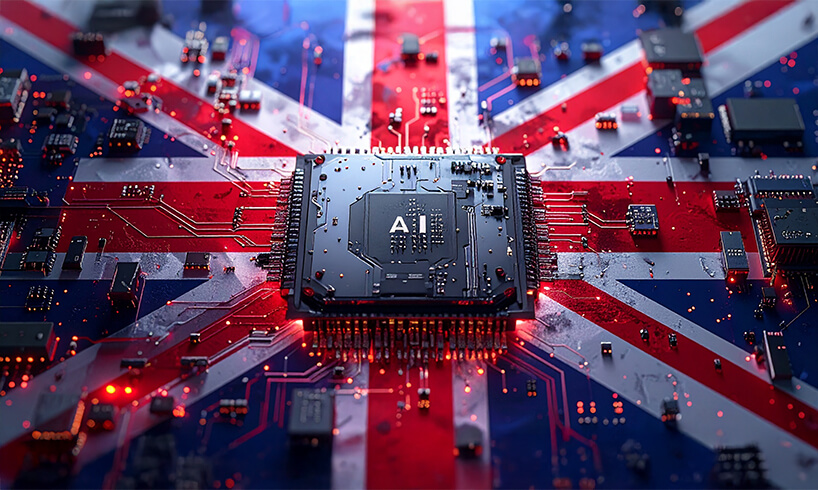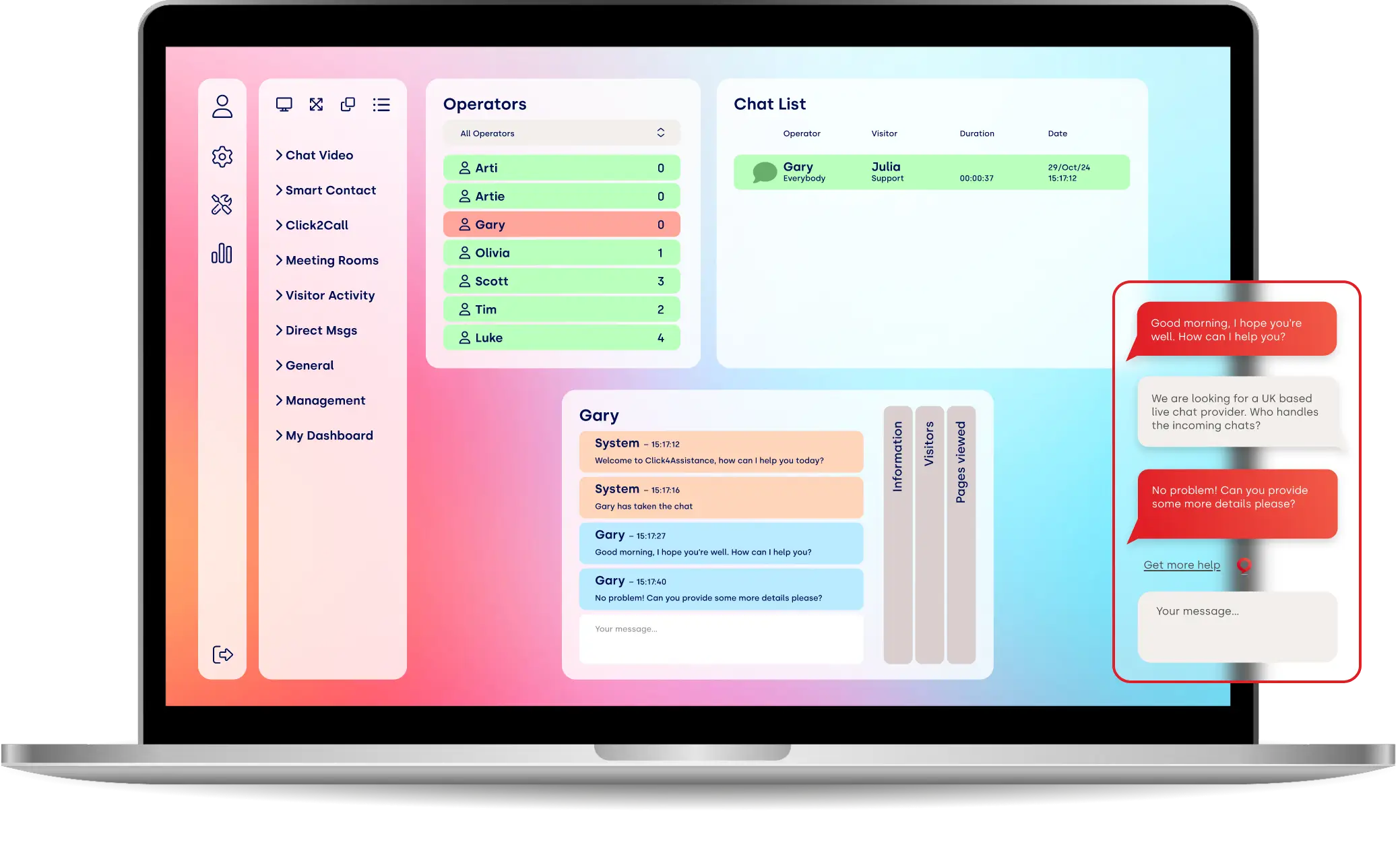Student uses AI chatbot to get parking fine revoked

A York St. John student succeeded in using ChatGPT to write a letter to the local council asking it to revoke her parking ticket.
Councils issue around 20,000 parking fines daily in the UK, costing motorists hundreds of millions of pounds a year in additional costs. Now, though, savvy drivers are fighting back using artificial intelligence (AI).
Millie Houlton, a York St. John student, received a £60 parking fine from York City Council after it wrongly issued her a ticket for parking on her street. Initially, she considered paying the fine because of the time it would take to craft a letter to defend herself. However, the 22-year-old asked Open AI’s ChatGPT to do the legwork by writing the letter. Later, she sent it off, and the council revoked the fine, citing their mistake.
Miss Houlton said paying the fine would have stretched her budget when she talked to the BBC. However, she said it was hard to articulate what she wanted to say, so she asked the chatbot instead.
“I put in all my details about what and when it happened”, she recalls, “and why it was wrong and my reference for the fine, and it came back with this perfectly formed personalised response in minutes.”
AI chatbots’ ability to perform such feats is relatively new. In November, OpenAI released ChatGPT powered by language model GPT-3.5, a system that uses hundreds of billions of statistical connections to write plausible-sounding prose. Users can provide the software with instructions written in natural language and get back a plausible output.
In Miss Houtlon’s case, ChatGPT proved its worth by penning her a letter to the council in minutes, including all the relevant details she entered in the instructions box. According to the York student, the response explained her situation perfectly.
However, the implications of this new technology go beyond correcting local authorities’ mistakes. Companies are embroiled in an arms race to develop the best chat software for business, a multi-billion-pound opportunity.
For instance, computing giant Microsoft is pumping its vast resources into imbuing its search browser, Bing, with OpenAI’s chatbot technology. You can now ask the search engine virtually any question, and it’ll come back with a tailored response, complete with citations.
Google is also making moves in the space, having launched its chatbot Bard last month. The tool could fundamentally change how the internet works by providing users with content and answers directly instead of forcing them to search for it manually.
However, not everyone believes the effect of AI will be positive. For instance, Italy recently blocked the use of ChatGPT, citing privacy concerns, and more than 1,000 luminaries in the AI field, including Elon Musk, signed an open letter asking for a pause in system development for at least six months. Governments, regulators, and businesses haven’t built the proper safeguards to mitigate the risks associated with unfettered machine intelligence development.

























